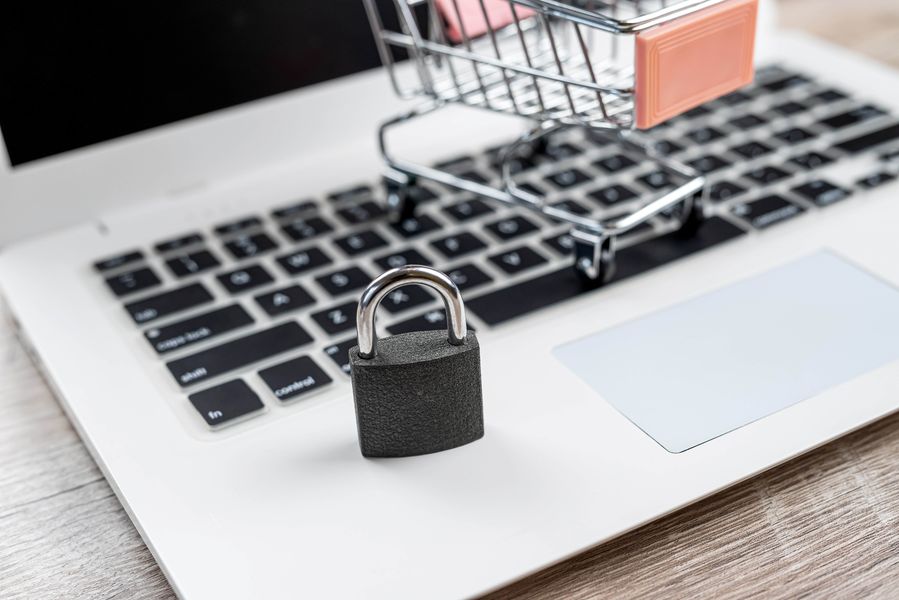In today's digital age, eCommerce platforms have become prime targets for cybercriminals. Shopify, one of the largest and most popular eCommerce platforms, hosts millions of online stores, making security a paramount concern for its users. While Shopify is designed with robust security features to protect online storefronts, store owners must actively participate in securing their online presence. This article delves into top Shopify security practices you can't ignore to ensure your store remains hack-proof.
Understanding the Importance of Shopify Security
Before we dive into the security practices, it's crucial to understand why Shopify security matters. Cyber-attacks can result in financial loss, data breaches, and irreversible damage to your brand's reputation. Ensuring your store is secure protects your business and builds trust with your customers.
Regularly Update Your Store
Shopify frequently releases updates and patches to enhance security and add new features. Staying on top of these updates is crucial for closing any vulnerabilities in your store. Ensure your store's theme, plugins, and apps are continuously updated to their latest versions. This simple practice can significantly reduce the risk of security breaches.
Utilize Strong Passwords and Two-Factor Authentication (2FA)
The foundation of digital security begins with strong passwords. Use complex passwords for your Shopify admin area, and insist your staff do the same. Furthermore, enable two-factor authentication (2FA) for an added layer of security. 2FA requires a second form of verification beyond just the password, making it much harder for unauthorized users to gain access to your store.
Secure Your Admin Area
The admin area is the heart of your Shopify store. Protect it by restricting access to only essential personnel. Use Shopify’s built-in permissions to control what each staff account can see and do. Also, consider changing the default admin URL to a custom one to make it less predictable for attackers.
Regularly Audit User Access
Over time, your list of users with access to the Shopify admin area may grow. Regularly audit this list and revoke access for users who no longer need it. This minimizes the risk of an insider threat or an old account becoming a security vulnerability.
Implement SSL Certificates
Shopify provides an SSL (Secure Sockets Layer) certificate for every store, which encrypts data sent between the shopper's browser and your website. Ensure your SSL certificate is always activated to protect sensitive information like customer data and credit card details.
Use Secure Payment Gateways
Shopify supports a wide range of payment gateways. Choosing a secure and reputable payment gateway is vital for protecting your transactions. Look for gateways that comply with the Payment Card Industry Data Security Standard (PCI DSS) to ensure the highest level of security for payment processing.
Be Wary of Phishing Attempts
Phishing attempts are increasingly sophisticated and can trick even the most vigilant individuals. Educate yourself and your team on recognizing phishing emails and messages. Shopify will never ask for sensitive information via email. Verify the authenticity of any communication claiming to be from Shopify, especially if it asks for personal or store information.
Regularly Backup Your Store
While Shopify backs up its entire platform, these backups do not extend to individual stores. Use third-party apps on the Shopify App Store to regularly back up your store's data. This ensures you can quickly restore your store in case of data loss or a cyber-attack.
Monitor Your Store for Suspicious Activity
Stay vigilant for any unusual activity in your store, such as unexpected changes to your files or unusual customer orders. Shopify offers detailed reports and logs that can help you monitor activity. Additionally, consider using security apps that alert you to potential threats and vulnerabilities.
Educate Your Team
Security is a team effort. Ensure that all staff members know the best security practices, understand the importance of maintaining them and learn how to respond in the event of a security breach. Regular training sessions can help keep everyone up-to-date on the latest security threats and prevention strategies.
Conclusion
Securing your Shopify store requires a proactive approach. By implementing these best practices, you can significantly reduce the risk of cyber threats and protect your business and customers. Remember, security is not a one-time task but an ongoing process. Regularly review and update your security practices to stay ahead of potential threats.
In the fast-evolving world of eCommerce, staying informed about security trends and practices is key. Hack-proofing your store is not just about protecting your business; it's about safeguarding your customers' trust. By prioritizing security, you create a safe shopping environment, the cornerstone of a successful online store.
